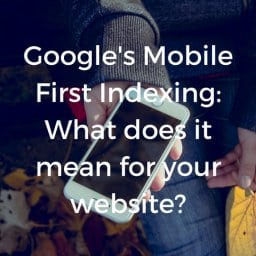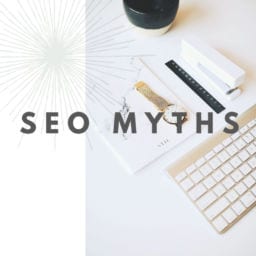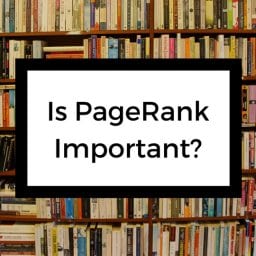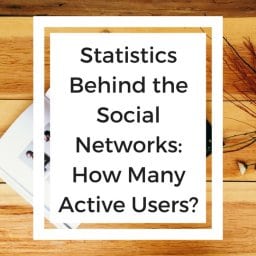 With almost one billion websites in existence, the internet stores a vast amount of information, far beyond the limits of any human brain to process or organize. Therefore, we rely on search engines to organize online information in a way that enables us to find useful information on a desired topic.
With almost one billion websites in existence, the internet stores a vast amount of information, far beyond the limits of any human brain to process or organize. Therefore, we rely on search engines to organize online information in a way that enables us to find useful information on a desired topic.
1998: Enter Google
In 1998, Google’s search algorithm combined two key components to rank web pages: (1) the webpage’s popularity, as measured by its PageRank (quantity and quality of links from other pages) and (2) the relevance of the page to the search phrase.
PageRank is a good measure of quality because web pages typically link to other pages they think provide valuable content. Therefore, a webpage linked to from 10 different blogs are generally viewed as higher quality than a webpage with only 2 backlinks.
Likewise, a webpage with a link from Forbes.com (which has a very high PageRank) is considered to be higher quality than if the page was linked from a small local business’ website. Ultimately, it’s all about credible endorsements and the PageRank of the pages linking to your content.
How Search Engines “Read” Content
Search engines don’t “read” webpages the same way we do, so it can’t determine how relevant a search phrase is to a given webpage without measuring the content focus of each page.
On any given page, Google will “crawl” the website, recording all information on the page, such as words, their combinations and their locations on the page to determine how relevant a particular page is for a search term. Additionally, these crawlers will read URLs, alt attributes, font sizes and anchor text to determine relevance.
How Search Engines Find and Deliver Content
When a user enters a phrase into Google’s search bar, Google gathers all the relevant webpages for that search phrase and then rank-orders them based on relevance and PageRank.
Though the Google search algorithm has changed several times through its life (and continues to change regularly), the algorithm is still based on the same idea of combining data on both the page’s relevance and popularity to obtain the most relevant and credible content for the user.
For many companies, the largest source of website traffic is from search engines. Ranking well on a commonly searched keyword or keyword phrase can yield hundreds or thousands of visitors per month, which can substantially increase profits, leads and ad revenue. For this reason, it makes sense for SEOs to pay close attention to Google’s announcements to remain on Google’s “good” list.
















